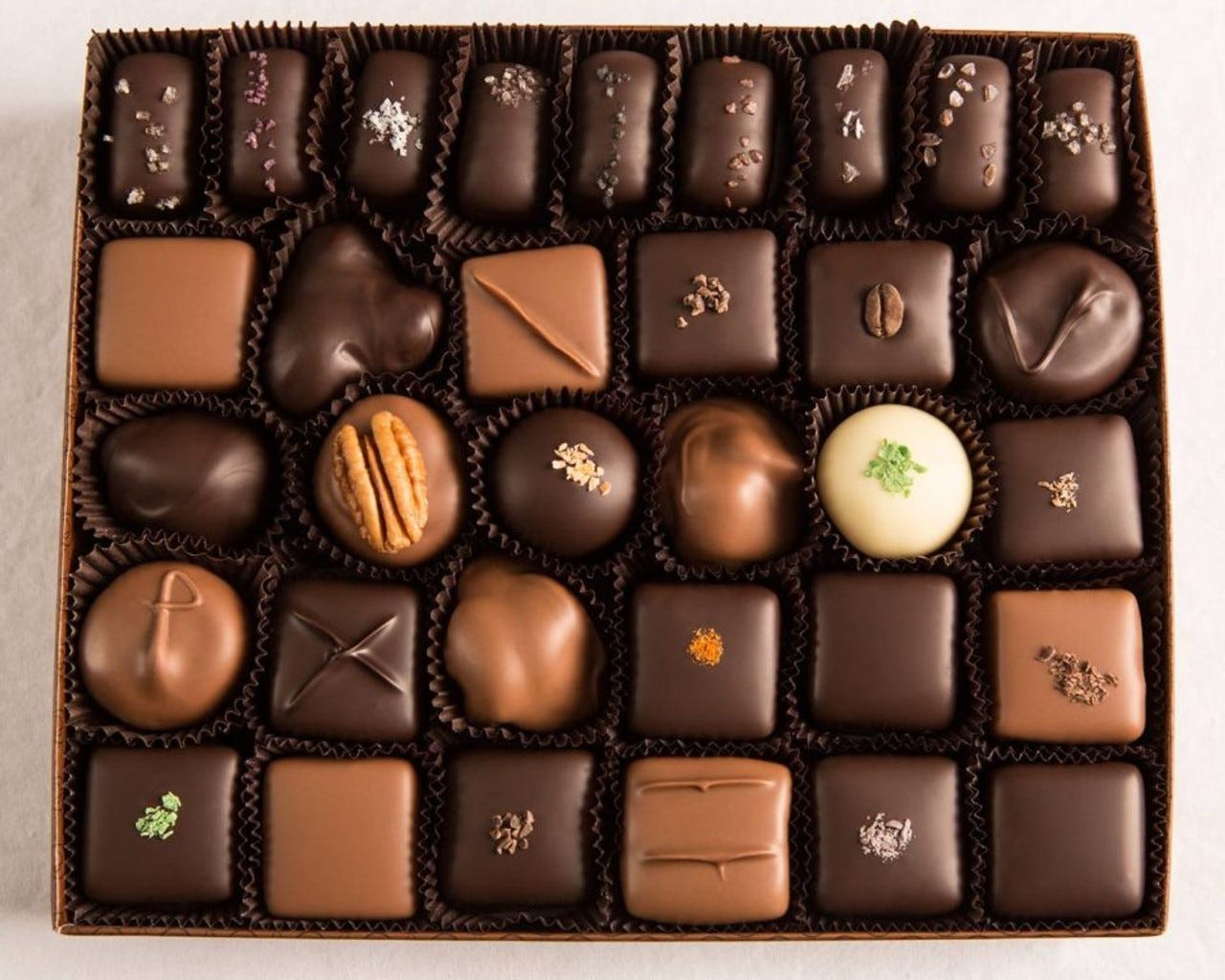It started with an innocuous bag of cookies, brought in by a lovely, generous student who also happens to be a dear friend.
Then came chocolates. Yogurt covered pretzels. More cookies. We all loved them; we all ate them; the snack wars escalated. By the end, my lovely, generous students were loading up the seminar table with candy, baked goods, and sparkling wine. Even I felt the pressure to up my game. For our last meeting, I brought ice cream. Ice cream!
By saying nothing, I had allowed us all to transform into snack drudges. Snack Drudgery is the feeling, unconscious or conscious, that you’re not contributing enough to the group unless you bring snacks to share.
Jacob Joardens, The Feast of the Bean King, 1640-1645, Kunsthistorisches Museum, Vienna, Austria. AKA, the last day of class.
Don’t get me wrong—snacks are non-negotiable in an evening class! I provide them every week, and I encourage people to bring whatever else they need for themselves. But a funny thing happens when you get a group of mostly woman-identified* students together and let them run free. Totally unprompted, they begin spending time, money, and effort on little “offerings” that eventually get bigger and bigger. This ritualistic emotional labor is completely voluntary, and its benefits include group bonding, warm fuzzies, and, did I mention, SNACKS. But the unintended downsides are worth talking about.
Former and current students, you m ay be thinking, Dude, this is just what I do!! It’s my thing and I actually enjoy it! Sheesh, try to do something nice! And I hear you and appreciate you and admire both your natural generosity and your excellent taste in comestibles. I don’t want to devalue your contributions; I want to make sure you are valuing them highly enough.
THINGS THAT CAN HAPPEN WHEN STUDENTS BRING SNACKS TO SHARE:
You spend valuable resources on something that’s not writing. The aim of this class is to write. You have prioritized writing to the extent that you are actually paying me to help you do it, not to mention committing an evening a week to it for three months—NO SMALL FEAT, my dudes. Save your money, save your time, save your brain cells. Write!
It’s triggering. People—especially woman-identified people, who make up the majority of my classes—have all kinds of triggers around food. An estimated 15% of women have had an eating disorder by their 40s or 50s. In a 7-person class, it’s a safe bet that at least one of us has distracting or even distressing triggers around food.
It gets weird! Even those of us who haven’t had a clinical eating disorder have been socialized to feel guilty and uncomfortable around food, especially if we like it and want to eat it. We make jokes about what we do or don’t deserve, cop to “cheating,” brag about how we don’t care what we eat, talk about exercise or lack thereof. People tend to stop talking and thinking about writing, and start talking and thinking about bodies, which can become an instant source of shame. (I will leave it to Aubrey Gordon to explain how negative body talk harms us all, and I would argue that even positive or neutral body talk can spur the same thoughts.) People, it just gets weird!!!
Release the
krakensouthern belle! On top of being socialized to feel guilty for wanting to eat, we’re also socialized to feel guilty for turning food down, because it might hurt someone’s feelings or be perceived as ungrateful. This impulse can be extremely strong in some cultures. It can also make some people (me!) take food that I know will upset my stomach, because it’s so “tempting” and I don’t want to make a big deal out of it. And THEN to make matters weirder, we’re also socialized to feel guilty about taking too much, especially the last of anything! So there’s this whole weird pressure to gush about the food, take just the right amount, and then leave a single portion sitting untouched in the middle of the table, waiting for a daring soul to anxiously ask if anyone wants to split it. This intricate social dance can be exhausting, like a program running in the background of your phone that’s constantly draining your battery without you realizing it.Welcome to Momland. Whether we have children or not, women are socialized to believe that it’s our job to feed and nurture others. Just like actual mothering, this can be a joy, but it is undeniably also a lot of trouble. And for many of us, it is so close to default mode that we don’t even realize we’re doing it, much less stop to consider why. But women do not owe it to the world to make other people happy and comfortable. Feeding people is an honorable and worthy pursuit; it’s also a whole-ass job that people get paid for, with good reason.
Peer pressure kicks in. It honestly surprised me how quickly snack-sharing went viral in my class. Many students seemed overjoyed about it, but I can’t imagine I was the only one who participated mostly out of guilt and insecurity. When peer pressure kicks in, we internalize norms we would never consciously endorse—chiefly, that we aren’t worthy of a place at the table unless we’re nurturing or “treating” others.
Food allergies. Self-explanatory!
IN THIS CLASSROOM, YOU ARE NOT A CATERER, A BAKER, A “MOM,” A HOSTESS, OR EVEN, PRIMARILY, A FRIEND. You’re a WRITER, full stop. You’re a word lord, a queen of characters, a CEO of sentences. I could go on but my alliteration is shaky. The point is, one thing you are going to learn in my class if you learn nothing else is that you belong here, at the writer table. It’s my job to put the snacks on that table, and your job to show up for each other’s words and stories. That’s plenty to have on your plate.
Just to reiterate: I don’t hate snacks and I don’t hate you for bringing them!! And to be honest, I don’t outright ban them from the classroom—I like a last-day party as much as anyone! I just want people to consider what it does to the classroom dynamic, and who is most likely to experience snack culture as an added burden. Most of all, I don’t want this kind of contribution to take the focus off other kinds that I value, to be honest, even more highly than chocolate.
*Throughout this post, I talk about these issues in relation to women and woman-identified people. Please note that they pertain to many men too, as well as nonbinary and other marginalized people, in varying and complex ways! I am not trying to be comprehensive here. This is for anybody who experiences these issues.






I never thought about snacks in this way. I really appreciate this. I have a lot of issues around food, but so many people don't talk about it that I forget how many of us there really are. Sure, not everyone has ALL the issues, but one is enough to cause stress and lose focus. Great points all around!
This was so surprising and insightful. I never once thought about the snack arms race in classrooms (also at book club). At each point I kept wanting to say, “Oh my. She’s right!”